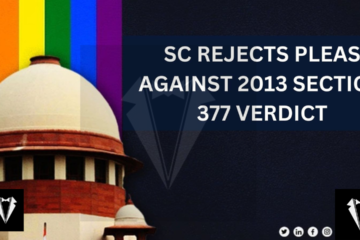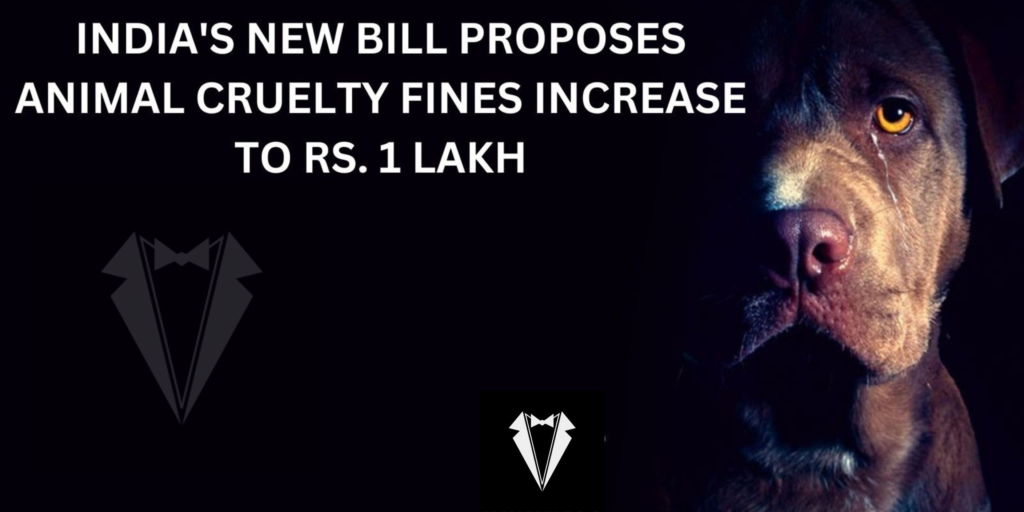
In New Delhi, on Thursday, the Supreme Court declared curative petitions filed against the December 11, 2013, judgment, which criminalized homosexuality under Section 377 of the Indian Penal Code, as moot in light of the 2018 judgment by a Constitution bench. Chief Justice of India DY Chandrachud, along with Justices B R Gavai, Bela Trivedi, Pankaj Mithal, and Manoj Misra, comprising a five-judge bench, concluded the proceedings on the curative petitions.
The bench stated, “We will say the curative petitions have been rendered infructuous by the judgment delivered by this court in Navtej Johar.” In the Naz Foundation Vs Union of India case, the Delhi High Court had in 2009 invalidated Section 377 IPC. However, in 2013, a two-judge bench of the Supreme Court, in Suresh Kumar Koushal Vs Naz Foundation, overturned the Delhi High Court’s decision, affirming the validity of the penal provision. Subsequently, in January 2014, the Supreme Court dismissed a series of review petitions.
In 2018, responding to a batch of writ petitions, a five-judge Constitution bench of the Supreme Court in Navtej Singh Johar Vs Union of India ruled that consensual same-sex relations among adults could not be deemed criminal. The court then struck down the provision to that extent, asserting that “Constitutional morality cannot be equated to a majoritarian view. The LGBT community possesses the same rights as any citizens of the country.”
However, the curative petitions filed in 2014 against the 2013 Suresh Koushal judgment remained pending until now. A curative petition serves as the final judicial recourse for addressing grievances in court, typically decided by judges in-chamber. In rare instances, such petitions may undergo an open court hearing.



